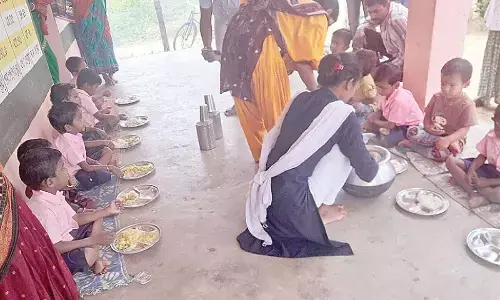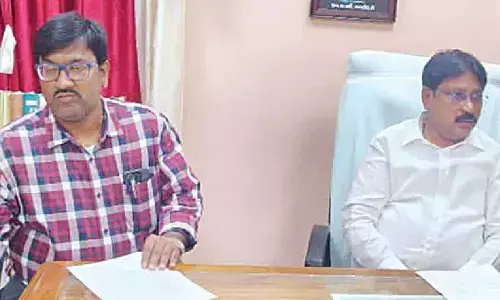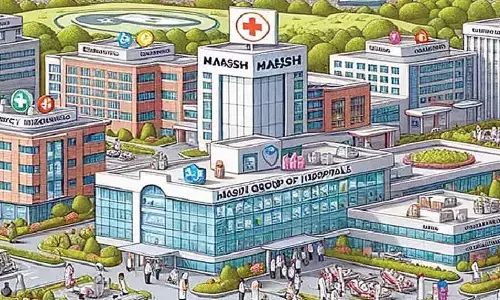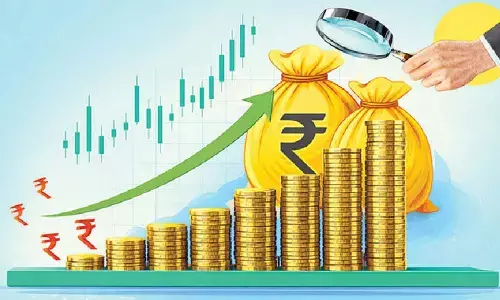Farm mechanisation: Govt help essential to boost farmers' income
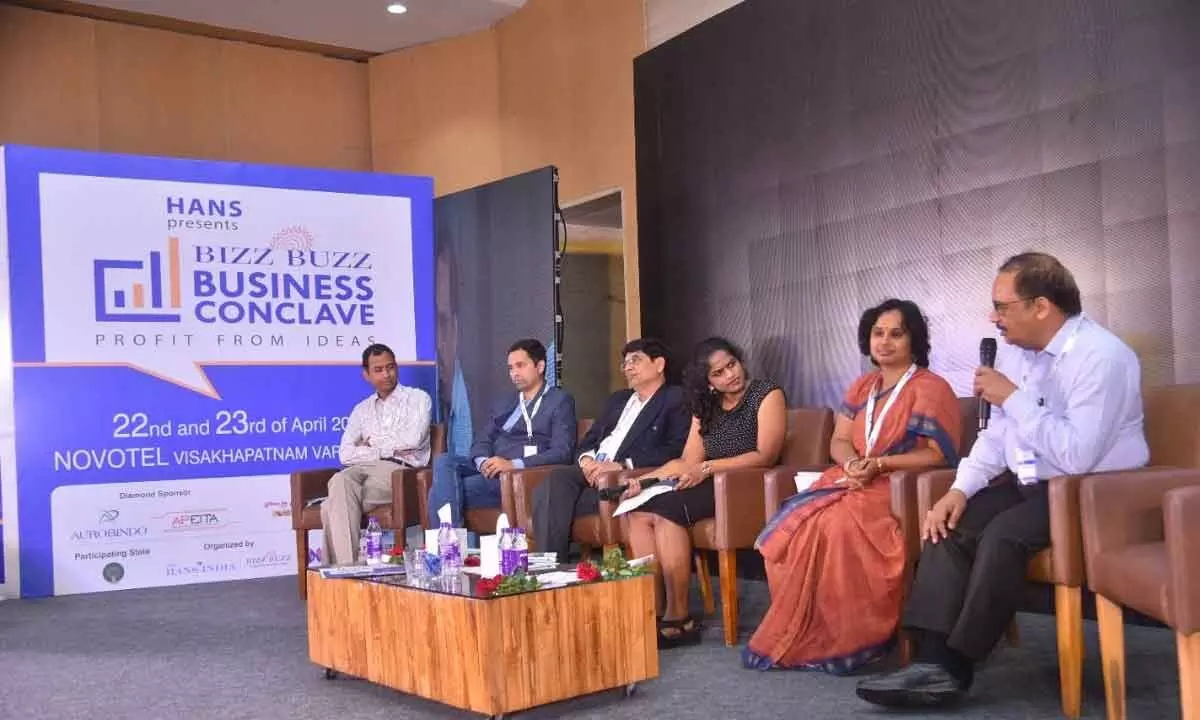
As we know, food and agriculture is likely to contribute significantly in making India a $5 trillion economy over next few years.
Vizag: As we know, food and agriculture is likely to contribute significantly in making India a $5 trillion economy over next few years. However, the people in the industry want that government will have to not only create awareness, but also make efforts so as to make farmers more and more mechanical farming savvy. It will be possible only when the farmers are aware of the mechanical farming and also the agricultural implements were made available to them at an affordable cost. The topic was extensively discussed during a panel discussion of the Bizz Buzz Business Conclave on the second day.
Santoshi Buddhiraju, a mechanical engineer-turned an entrepreneur, says, "As farmers can't afford buying these agricultural implements individually, government can form farmers' co-operative societies. The idea should be to ensure that these farmers were able to use those implements on a term basis through those societies. Also, government needs to create awareness about such initiatives."
Buddhirraju told Bizz Buzz that her company, Autocracy Machinary has already achieved an annual turnover of Rs 1.5 crore in the ear gone by and it was likely to cross Rs 5 crore mark by end of the current fiscal. Her future plans are to venture into implements like cotton picking, shift irrigation and corn harvesting.
Datta Tirupati Raju, ex-chairman, CII AP & executive chairman, Vijayanagar Biotech, while moderating the panel discussion, said that 40 per cent of country's population depends, directly or indirectly, on agri & food processing. Also, India is a food surplus country. The only issue was that the food export was not happening at the required level. Hence, he advised educated people too to join the sector.
Coming on aquaculture, India exports shrimp worth $8 billion every year out of which, 70 per cent of shrimp is exported from Andhra Pradesh alone. However, due to lack of predictability, farmers are suffering while going for fish catch.
Ravi Krishna, vice president, sales and customer success says that his company provides predictability by use of remote sensing technology and satellite imagery. The company also provides insurance to banks and farmers taking loans in states like Andhra Pradesh and Orissa.
Agriculture sector is growing because of various reasons. The kids of the traditional farmers are not interested any more in conducting the agriculture in the same fuddy duddy way. Rather, the new generation of farmers are relying more and more on IT-based farming.
For example, earlier in '40s and '50s, farmers were using 3-4 kg of pesticides in one acre of land for better productivity. However, now it has gone up as high as 40 kg per acre, an increase by 10 times.
Dr Kishore Idukki, Founder & CEO, Sid's Farm, said that a recent FSSAI survey which was conducted on 6000 samples of milk, it was found that 40 per cent of them failed in one or more parameters. He added that his company testifies milk, being supplied by it, on 45 various parameters.
"With the help of modern farming, we can improve agricultural productivity like anything," says BK Sandeep Reddy, Co-founder, Kamala Farms.
Reddy is relying more on the use of coconut leftover, or cocopeit as a replacement of soil. Cocopeit boasts of having zero impurity. Kamala offers four types of services which include building green houses, agricultural consultancy, agriculture trading and providing education towards agricultural services.
Lavleen Kumar Gupta, director, IGY, Immulogix, said that farmers have become more demanding now than whatever technology available can provide.
Dr Bijay Kumar Sahu, regional manager & head, Intellectual Property Facilitation Centre, NRDC said that there was a need to transfer technology from mind to market connecting the dots in an affordable manner should be our motive. He stressed the need to give company, exude confidence and extend support to the budding entrepreneurs, he added.
Sharing his own experience, Dr Kishore Indukuri, founder & CEO, Sid's Farm said that we had started a small dairy firm a few years ago. Now, the company enjoys 35,000 farmers on its fold.
Out of five food parks, that were supposed to start functioning, only one has become operational so far, which is named as Srini Food Park (140 acre).
Moreover, there are two more food parks, that were under sanction. They include Sri Varsha Integrated Food Park (Cuddapah) and Specialised SRK Foods (Chittoor).
Monica Yadav, Fouunder & CEO, My Food Xpert, says, "Government should create awareness regarding training to farmers for pre and post-harvest preservation. For this, we need to have incubation centres across the country. We are producing more but we are wasting a significant part that."


